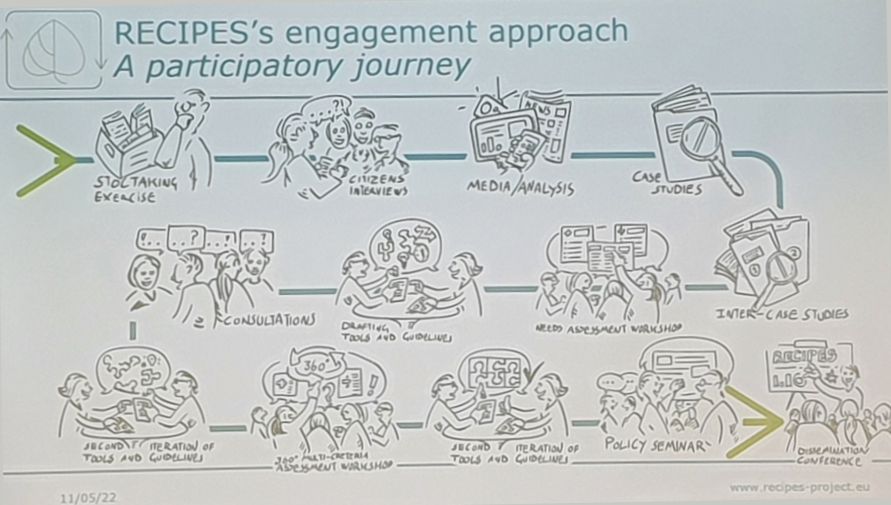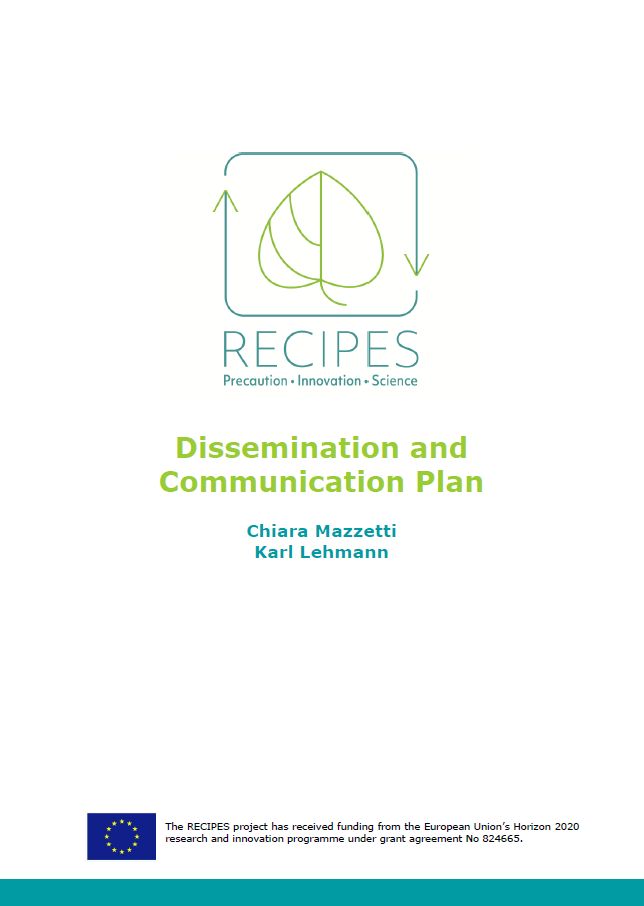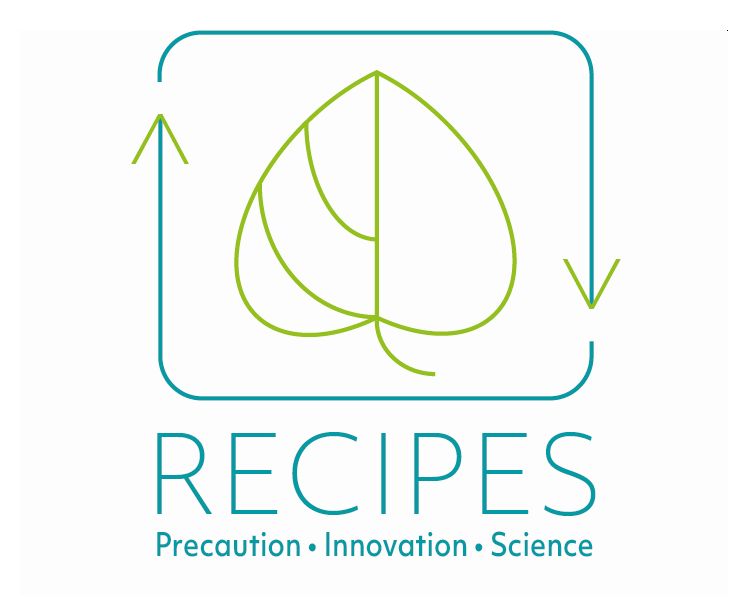Nine Case Studies on the Application of the Precautionary Principle
- News
- Date
-
- Location
- Berlin, Germany
The Precautionary Principle enables authorities to take precautionary measures by means of pre-damage control when it is scientifically plausible but uncertain that a new technology or product may cause harm. It has now become a general principle in EU law, gaining importance and consequently dividing political and scientific groups into two camps with opposing views. One side believes that acknowledging the scientific potential of innovative solutions, but remaining cautious nonetheless, is vital to ensuring that certain products or technological choices are safe – innovation is not always a one-track road to the future. The other side believes that this "precautionism" stifles technological innovation and hinders effective competition of different players. Thus, there have been attempts to establish an "innovation principle" that complements the precautionary principle, hoping to allow for an ideal combination of precaution and innovation.
The project RECIPES – REconciling sCience, Innovation and Precaution through the Engagement of Stakeholders – aims to put forward ideas on how to align the precautionary principle with the goals of innovation to ensure sustainable and safe solutions, while fostering social awareness and responsibility in the EU in the fields of research and innovation.
The aim of the nine case studies was to understand and explain the potential differences in the application depending on the topic and the context. A comparison across the different cases indicates that the application of the precautionary principle had positive effects on innovation and contributed to more responsible pathways.
For each of the following case studies, researchers have prepared a report, a factsheet and a short video:
- Case study 1: CRISPR-based gene drives
- Case study 2: Genetically modified organisms
- Case study 3: Endocrine disruptors
- Case study 4: Neonicotinoid insecticides
- Case study 5: Nanotechnologies
- Case study 6: Glyphosate
- Case study 7: Financial risks in water infrastructure planning
- Case study 8: The use of artificial intelligence in healthcare
- Case study 9: Microplastics in food products and cosmetics
All case studies have been bundled in one report. Furthermore, the RECIPES project compared the different case studies and identified complexities and controversies surrounding the application of the precautionary principle in the different cases, as highlighted in this report.
Based on the analysis of the case studies, the RECIPES project has developed scenarios for future implementation of the precautionary principle/innovation principle in different areas of technology. The scenario workshops will be pivotal for the development of tools and guidelines for implementing the precautionary principle and balancing it with the innovation principle.
Within the project, Ecologic Institute is responsible for making the project results and highlights available to the public and the relevant stakeholders. For this purpose, a vast array of channels and tools is used, such as the project website, factsheets, videos, social media and policy briefs.







